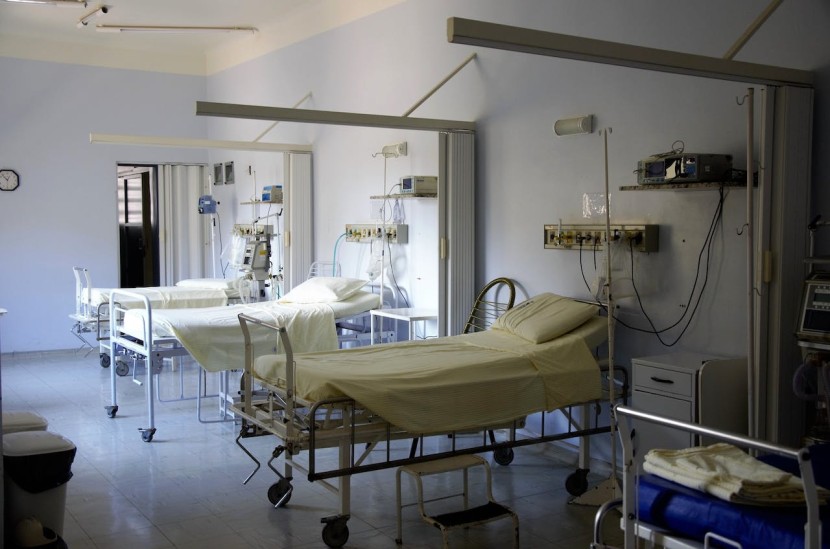The Salem Hospital in Massachusetts revealed that hundreds of patients may have been exposed to hepatitis B, hepatitis C, and HIV.
Approximately 450 patients who had endoscopies at the facility, which is situated 20 miles northeast of Boston, may have been exposed during a two-year period, according to a statement made by the Salem Hospital on Wednesday, November 15, that was supplied to ABC News.
An endoscopy uses specialized equipment to inspect and operate on interior organs and arteries. It lets doctors see inside issues without major incisions.
Uncovering the Vulnerability

Patients at Salem Hospital may have been put at risk because IV medications were given "in a manner not consistent with our best practice," the facility stated.
The hospital said that it became aware of the instances early this year and that it subsequently changed the practice and informed its quality and infection control personnel. Hospital administrators did not provide any details on the potential cause of the exposure or the subsequent measures taken to remedy it.
Since discovering the exposure, Salem Hospital has been cooperating with the Massachusetts Department of Public Health (DPH). The risk of infection to patients as a result of this occurrence has been assessed to be very low, the statement said.
It continued, "Salem Hospital has notified all potentially impacted patients, set up a clinician-staffed hotline to answer questions, and we are providing them with free screening and any necessary support. There is no evidence to date of any infections resulting from this incident."
To address the problem, the hospital's infection control staff and the Massachusetts DPH collaborated, as reported by ABC News. "DPH advised the hospital to notify all impacted patients in writing about the potential exposure to bloodborne pathogens and to offer free-of-charge follow-up care, including testing," stated the hospital department.
A representative for Mass Brigham, the company that operates Salem Hospital, said that hepatitis B, hepatitis C, and HIV testing are all routinely performed after an exposure of this kind.
The spokesperson further highlighted that the danger of infection is low and that if there are patients who have not been informed, they should not worry.
In a statement released by Mass Brigham, they assured people that patient safety is their first concern. They also apologized to everyone affected.
See Also : Study Finds Men Have 6-Year Shorter Life Expectancy Compared to Women Following COVID-19 Crisis
Treatment for These Conditions
While a vaccine against hepatitis B is now on the market, similar protection against hepatitis C and HIV has yet to be developed.
The Centers for Disease Control and Prevention (CDC) reports that Hepatitis C is curable in 95% of patients when treated with antiviral medications; this is also true for Hepatitis B.
There is currently no cure for HIV, although antiretroviral medication may keep symptoms at bay. When a patient takes this drug, the amount of virus in their body drops to an almost undetectable level, rendering the virus nontransmissible.








